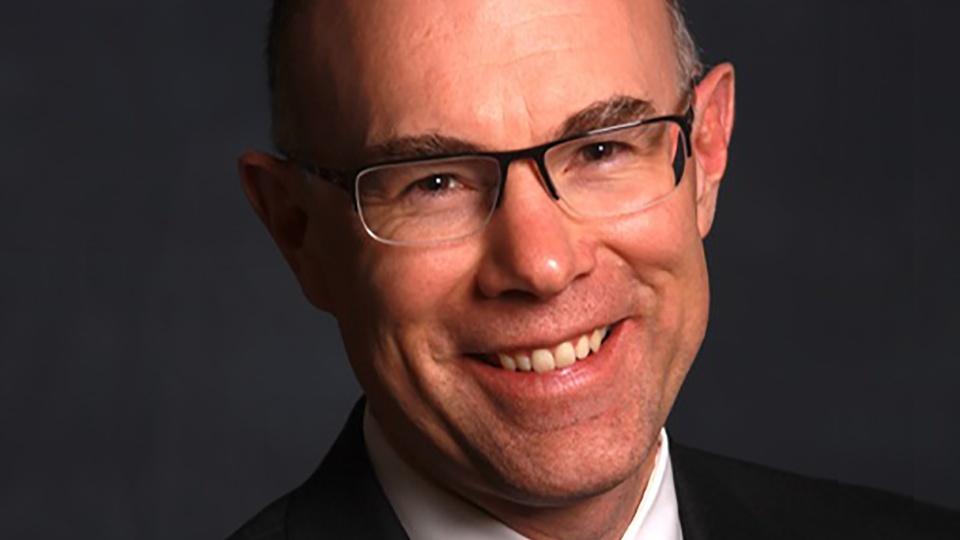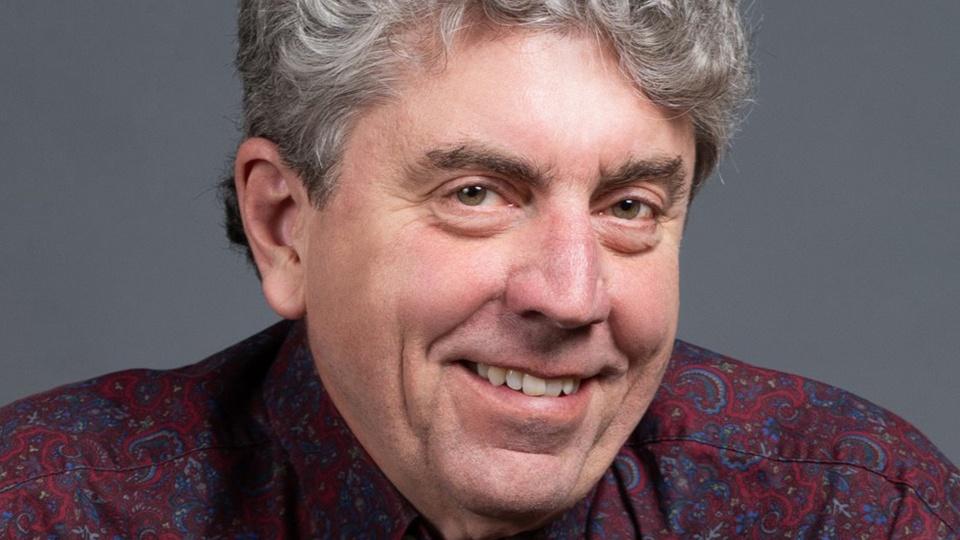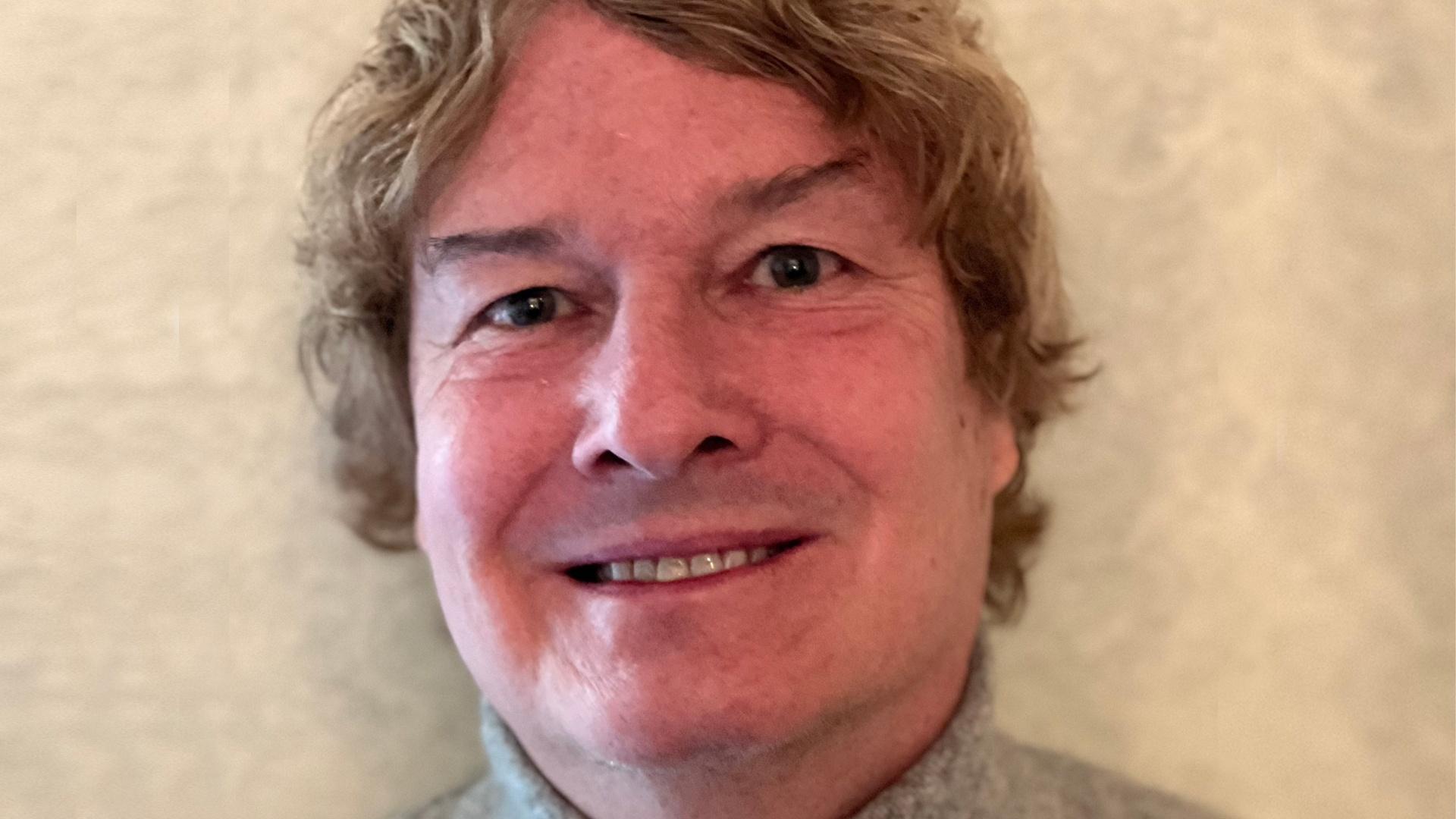
ART VIEWS
This summer has been a whirlwind for me. When we last connected, I was writing to you from The Juilliard School in New York and the Essentials of Orchestra Management seminar. Since then, I came home for five days, practiced my bass constantly, and then drove to central Oregon to perform as acting principal bassist in the Sunriver Music Festival orchestra for two weeks. The morning after the final concert I drove to Boise, Idaho for a couple days of working with the staff of the Boise Phil as they think about and plan for the upcoming season and beyond. I tell you all this not simply to share my ridiculously charmed and privileged life, but to let you know why I’m airing a reworked, rerun of something I wrote a few years ago.
Whether it be the Essentials seminar, the Sunriver bass section, orchestras in Reno and beyond, or certainly all boards of directors; the topic of leadership, whether from the middle or the top of an organization, has been on my mind and remains absolutely crucial. Here are some thoughts on what great leaders in the arts, or anywhere, need:
Followers This one might seem self-evident, but dynamic leaders nurture, encourage and protect others. By doing these things, their flock increases. “A leader without followers is just a guy out for a walk.” – From The Economist
Vision An effective leader must have a clear sense of where they and the organization are headed and why. “Money follows vision.” – Simon Woods, President and CEO, League of American Orchestras
Fuel In order for a leader to be effective, they must have gas in their personal tank. This includes voraciously reading, collecting, and assimilating ideas and knowledge from all sorts of sources; being sufficiently rested; fostering physical, mental, and spiritual health; and possessing a perspective-giving work/life balance. According to Project: Time-Off, in 2015 Americans failed to use 658 million vacation days. In American culture, we brag about how much we overwork ourselves. We shouldn’t.
Work Ethic While it is true that we should pay more attention to resting and to filling our personal tanks, the greatest leaders arrive early, stay late, and demonstrate that nothing is beneath them. That said, discerning and focusing on what work only they can do is a part of creating a disciplined efficiency that moves an organization toward its goals and vision. “Opportunity at every door doth knock, but it has never been known to pick a lock.” – Clarence “Big House” Gaines
Wisdom Found at the intersection of knowledge and experience, wisdom is crucial in the deployment of resources and power. “Science is organized knowledge. Wisdom is organized life.” – Immanuel Kant
Essentialism The titular key concept of Greg McKeown’s book Essentialism: The Disciplined Pursuit of Less is all about distinguishing the trivial many from the vital few. In a world with seemingly unlimited information and options, the development of this discipline allows effective leaders make space for the things that really matter.
Maturity Until I was in a position of leadership, I didn’t understand the value of grown-ups. We all have our own perspectives, pet peeves, and agendas, but a great leader stays in control of their emotions in a tense situation. Diva outbursts are not a luxury that a leader can afford themselves.
Empathy The best leaders consider where others are coming from, especially those who don’t hold as much power as they do. Those who lack empathy are often cruel, or at the very least, don’t optimize the skills and strengths of those they are leading.
Inclusiveness Understanding that welcoming and including more voices at the table, especially ones that historically have been absent or not listened to, is crucial to enriching the conversation, getting better outcomes, and being more relevant to more people.
Selflessness Certainly it takes some ego to be an effective and charismatic leader, but the ability to put others and the cause ahead of oneself and to gain satisfaction from the success of others is a trait of great leaders. “A man may do an immense deal of good, if he does not care who gets the credit for it.” – Father Strickland
Optimism A leader must be clear-eyed and realistic about the challenges they and their organization face, but if they are fundamentally pessimistic about the prospects for their organization’s cause, that cause is probably lost.
Willingness to do the difficult For a people pleaser such as me, this one can be tough. To make unpopular decisions – firing people, or simply not be liked – can be the unenviable part of holding a position of leadership.
Sitting with ambiguity It was probably ever thus, but today especially, there seem to be a whole lot more questions than easy answers; great leaders spend real time and thought on formulating the right questions and figuring out what really needs to be solved for.
Humor Whether in a marriage or an organization, humor is the canary in the coal mine. If there is no laughter in a relationship, disfunction is almost certainly eroding the institution.
Inspiration A great leader is inspired and inspiring. “People will forget what you said, people will forget what you did, but people will never forget how you made them feel.” – Maya Angelou
In a world with so many challenges and with such strong societal and environmental headwinds, great leadership has never been so crucial. Having the courage to lead from whatever chair one occupies can be a great and necessary part of solving the challenges we face.
Scott Faulkner is director of the League of American Orchestras’ Essentials of Orchestra Management seminar as well as the League Alumni Network. He is principal bassist of the Reno Phil and Reno Chamber Orchestra, the former executive director of the RCO, and consults with orchestras around the country.

ART VIEWS
Classical Music Galore by Scott Faulkner — April 8, 2022
Chord Changes by Scott Faulkner — April 1, 2022

This PBS Reno series delves into the local arts scene, looking at the lasting impact the arts have in our communities and beyond.

ART VIEWS

ART VIEWS

ART VIEWS

PBSReno.org